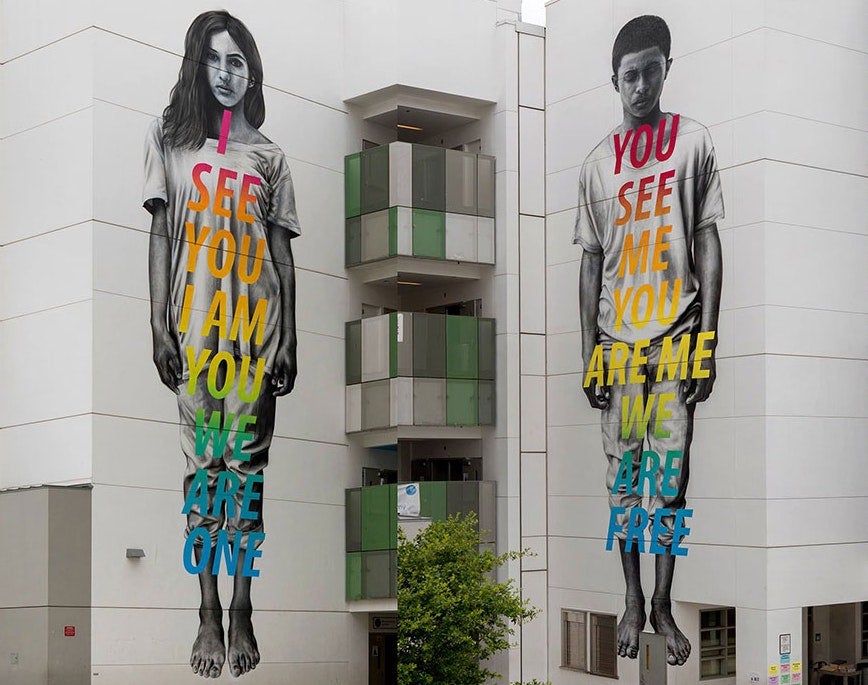The UCLA Center for Community Schooling recently highlighted its work at the UCLA Community School in Koreatown and Mann UCLA Community School in South Los Angeles, during the COVID-19 pandemic. An article by Karen Hunter Quartz, who directs the Center, and Marisa Saunders, who serves as its associate director for research, shines a light on the efforts of teachers at the University’s LAUSD partnership campuses in helping their students examine their communities’ greatest challenges, and to create solutions.
“While schools across the country remain closed in an effort to mitigate the spread of COVID-19, community school teachers are working to prepare the next generation of young people to rise up against the structural inequalities and racism that is causing Black and Latino Americans to die of the coronavirus at disproportionate rates,” notes Saunders. “In addition to addressing the many and varied needs of students and families presented by school closures—food distribution, health care, legal aid and other social services—teachers at UCLA Community Schools are constructing curricula that can provide students with the critical skills and knowledge to address issues affecting their community.”
The article describes work by teachers at the UCLA Community School who for three years, have been preparing their students to launch Multilingual Interdisciplinary Social Action (MISA) projects on issues affecting their community by conducting research in their home languages and presenting what they learn about social change to the community. The MISA projects have tackled homelessness, gentrification, and climate change, among other topics. UCLA Community School teachers have had to make modifications to the MISA projects as they have moved to remote learning, and have developed curricula that enable students to continue investigating social issues affecting their community including the impact of COVID-19.
At Mann UCLA Community School, science teacher Shriya Venkatesh has adjusted her community-based science unit on waste and plastic pollution in South Los Angeles to focus on environmental justice. Using street maps to examine issues of community waste in context using real-time interactive tools and a “landfill” created within a box in Venkatesh’s home, students are engaged in studying, analyzing and discussing how these issues impact their lives. Parents participate in the class via Zoom, and share their household plastic use and recycling practices, their perspectives on how waste pollution affects their community, and provide suggestions on combating pollution issues, and how policies can help the community.
To read, “Community Schools as Cornerstones in the Time of COVID-19,” by Marisa Saunders and Karen Hunter Quartz, visit this link.
